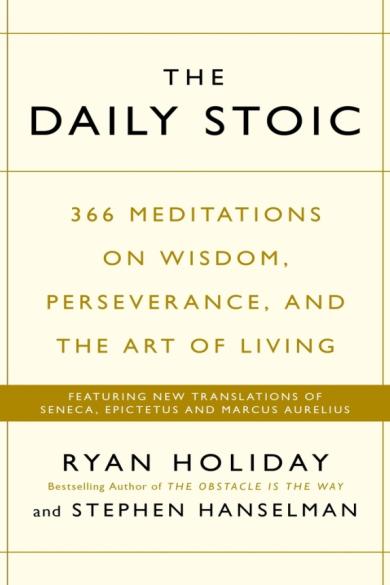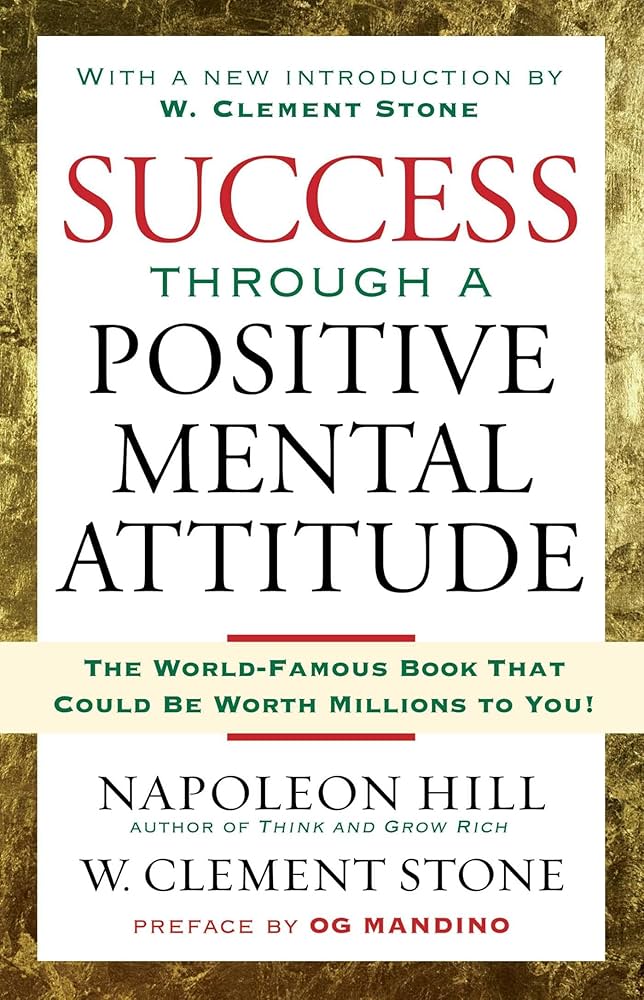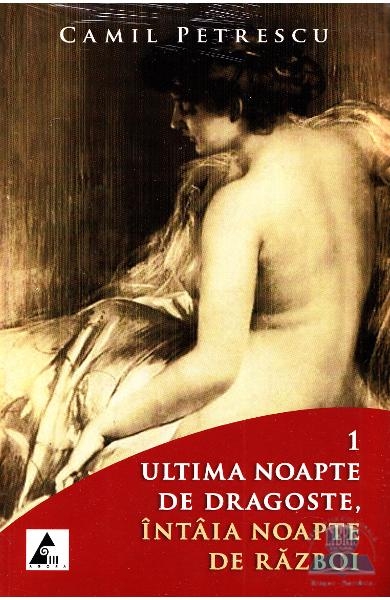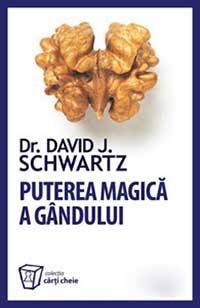The Daily Stoic: 366 Meditations on Wisdom, Perseverance, and the Art of Living: Featuring new translations of Seneca, Epictetus, and Marcus Aurelius PDF
“Of all people only those are at leisure who make time for philosophy, only they truly live. Not satisfied to merely keep good watch over their own days, they annex every age to their own. All the harvest of the past is added to their store. Only an ingrate would fail to see that these great architects of venerable thoughts were born for us and have designed a way of life for us.” —SENECA
The private diaries of one of Rome’s greatest emperors, the personal letters of one of Rome’s best playwrights and wisest power brokers, the lectures of a former slave and exile, turned influential teacher. Against all odds and the passing of some two millennia, these incredible documents survive. What do they say? Could these ancient and obscure pages really contain anything relevant to modern life? The answer, it turns out, is yes. They contain some of the greatest wisdom in the history of the world. Together these documents constitute the bedrock of what is known as Stoicism, an ancient philosophy that was once one of the most popular civic disciplines in the West, practiced by the rich and the impoverished, the powerful and the struggling alike in the pursuit of the Good Life. But over the centuries, knowledge of this way of thinking, once essential to so many, slowly faded from view. Except to the most avid seekers of wisdom, Stoicism is either unknown or misunderstood. Indeed, it would be hard to find a word dealt a greater injustice at the hands of the English language than “Stoic.” To the average person, this vibrant, action-oriented, and paradigm-shifting way of living has become shorthand for “emotionlessness.” Given the fact that the mere mention of philosophy makes most nervous or bored, “Stoic philosophy” on the surface sounds like the last thing anyone would want to learn about, let alone urgently need in the course of daily life. What a sad fate for a philosophy that even one of its occasional critics, Arthur Schopenhauer, would describe as “the highest point to which man can attain by the mere use of his faculty of reason.” Our goal with this book is to restore Stoicism to its rightful place as a tool in the pursuit of self-mastery, perseverance, and wisdom: something one uses to live a great life, rather than some esoteric field of academic inquiry. Certainly, many of history’s great minds not only understood Stoicism for what it truly is, they sought it out: George Washington, Walt Whitman, Frederick the Great, Eugène Delacroix, Adam Smith, Immanuel Kant, Thomas Jefferson, Matthew Arnold, Ambrose Bierce, Theodore Roosevelt, William Alexander Percy, Ralph Waldo Emerson. Each read, studied, quoted, or admired the Stoics. The ancient Stoics themselves were no slouches. The names you encounter in this book—Marcus Aurelius, Epictetus, Seneca—belonged to, respectively, a Roman emperor, a former slave who triumphed to become an influential lecturer and friend of the emperor Hadrian, and a famous playwright and political adviser. There were Stoics like Cato the Younger, who was an admired politician; Zeno was a prosperous merchant (as several Stoics were); Cleanthes was a former boxer and worked as a water carrier to put himself through school; Chrysippus, whose writings are now completely lost but tallied more than seven hundred books, trained as a long-distance runner; Posidonius served as an ambassador; Musonius Rufus was a teacher; and many others. Today (especially since the recent publication of The Obstacle Is the Way), Stoicism has found a new and diverse audience, ranging from the coaching staffs of the New England Patriots and Seattle Seahawks to rapper LL Cool J and broadcaster Michele Tafoya as well as many professional athletes, CEOs, hedge fund managers, artists, executives, and public men and women. What have all these great men and women found within Stoicism that others missed?
TOP 10 Cărți

















